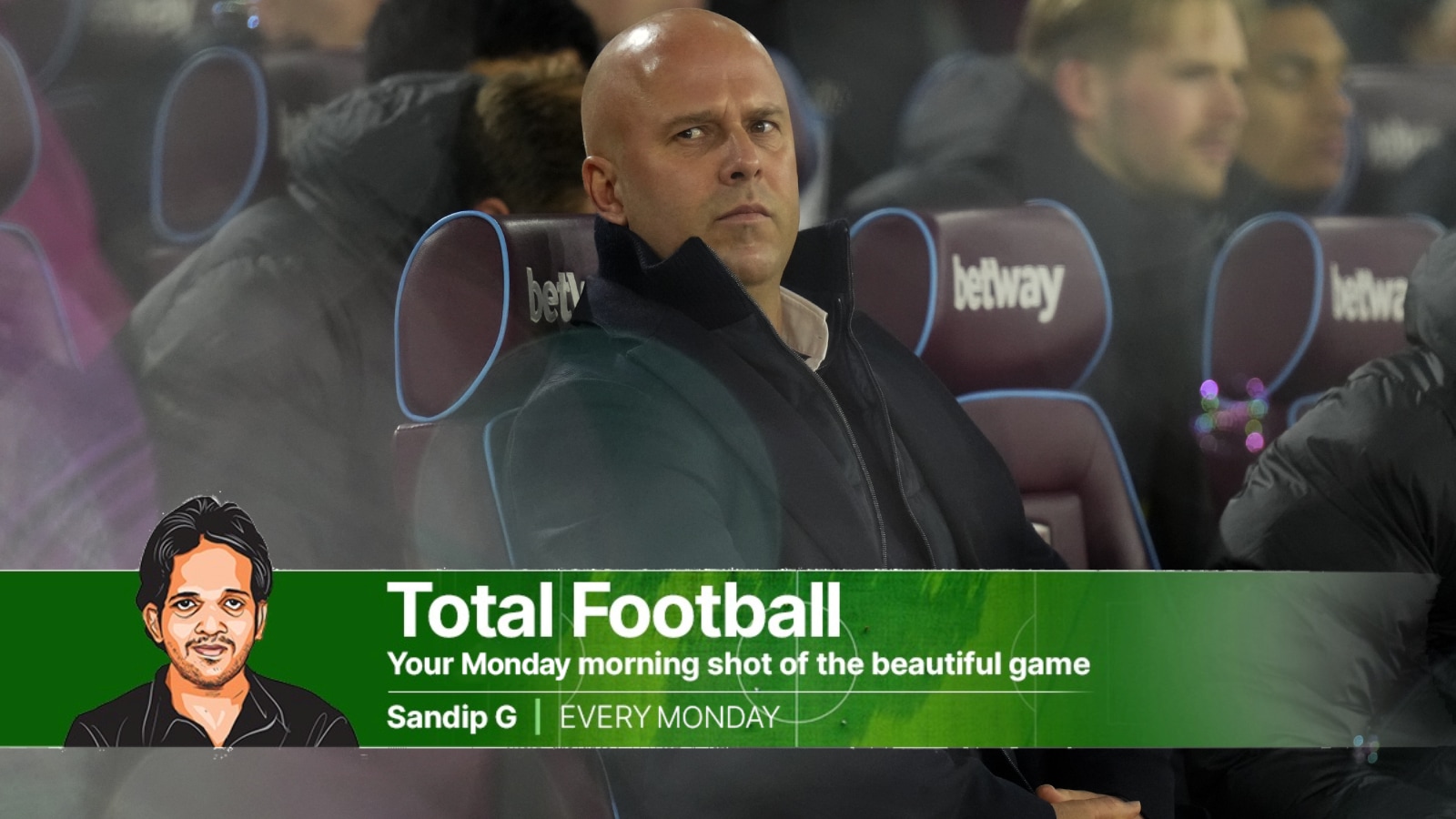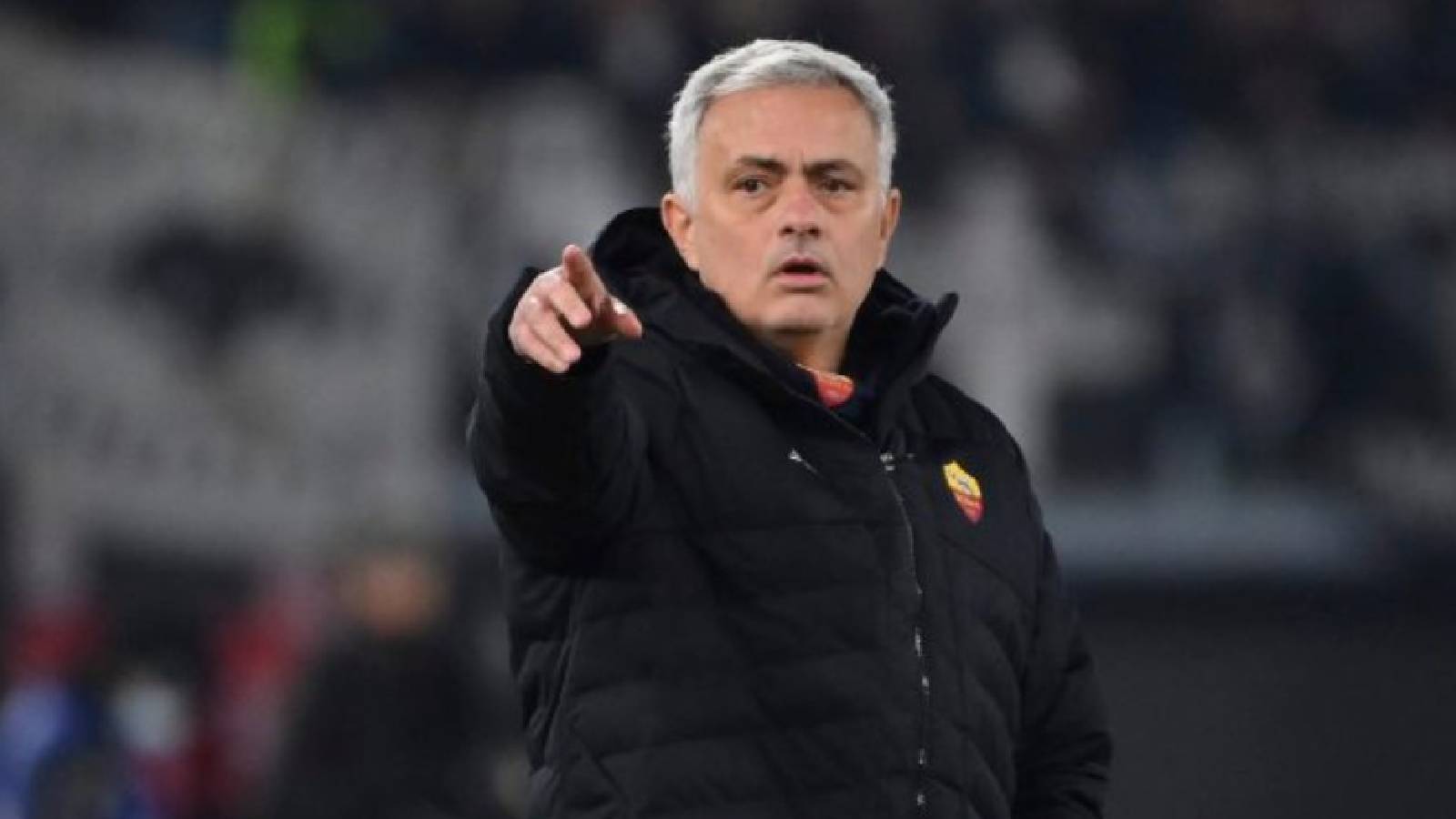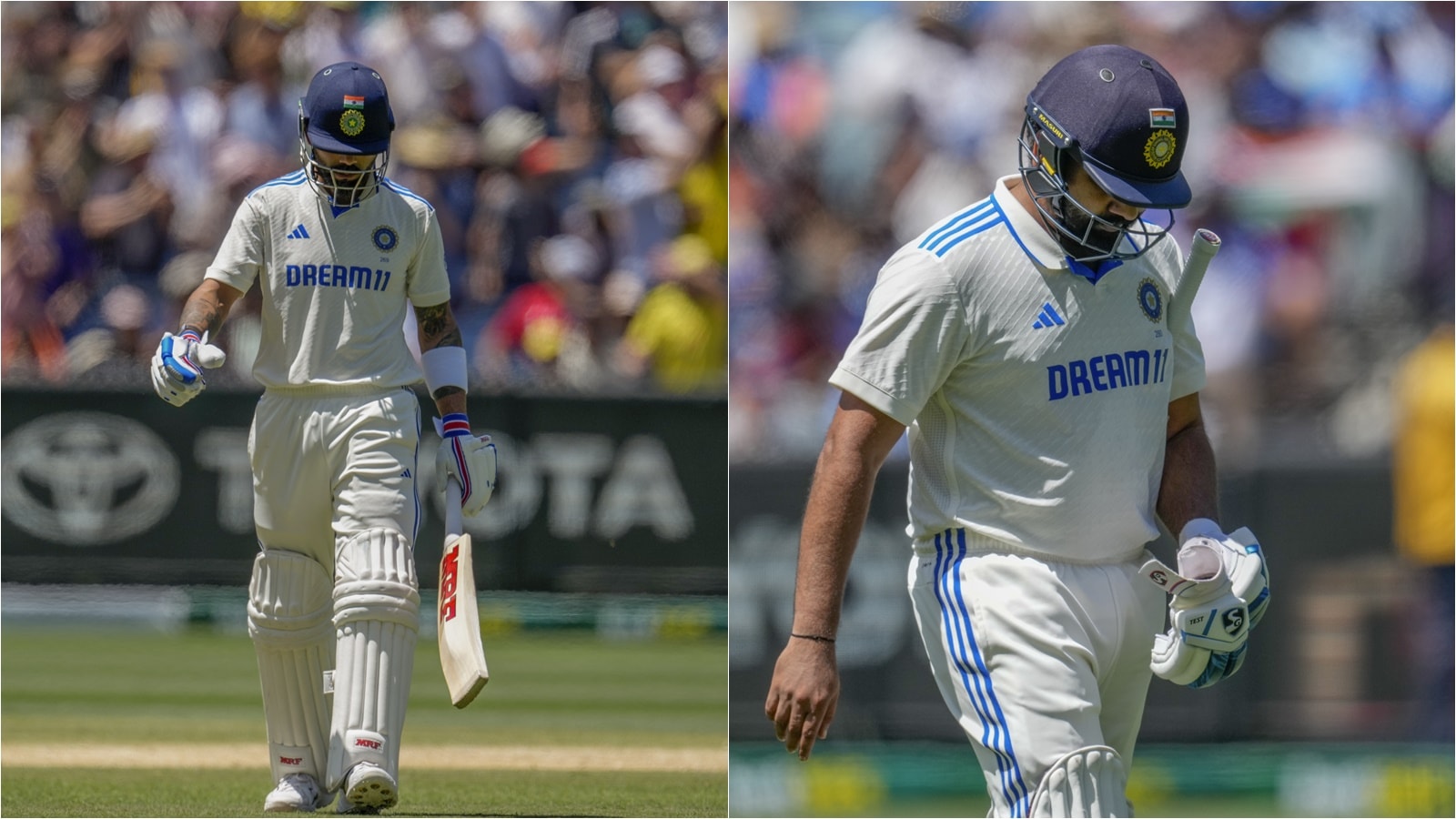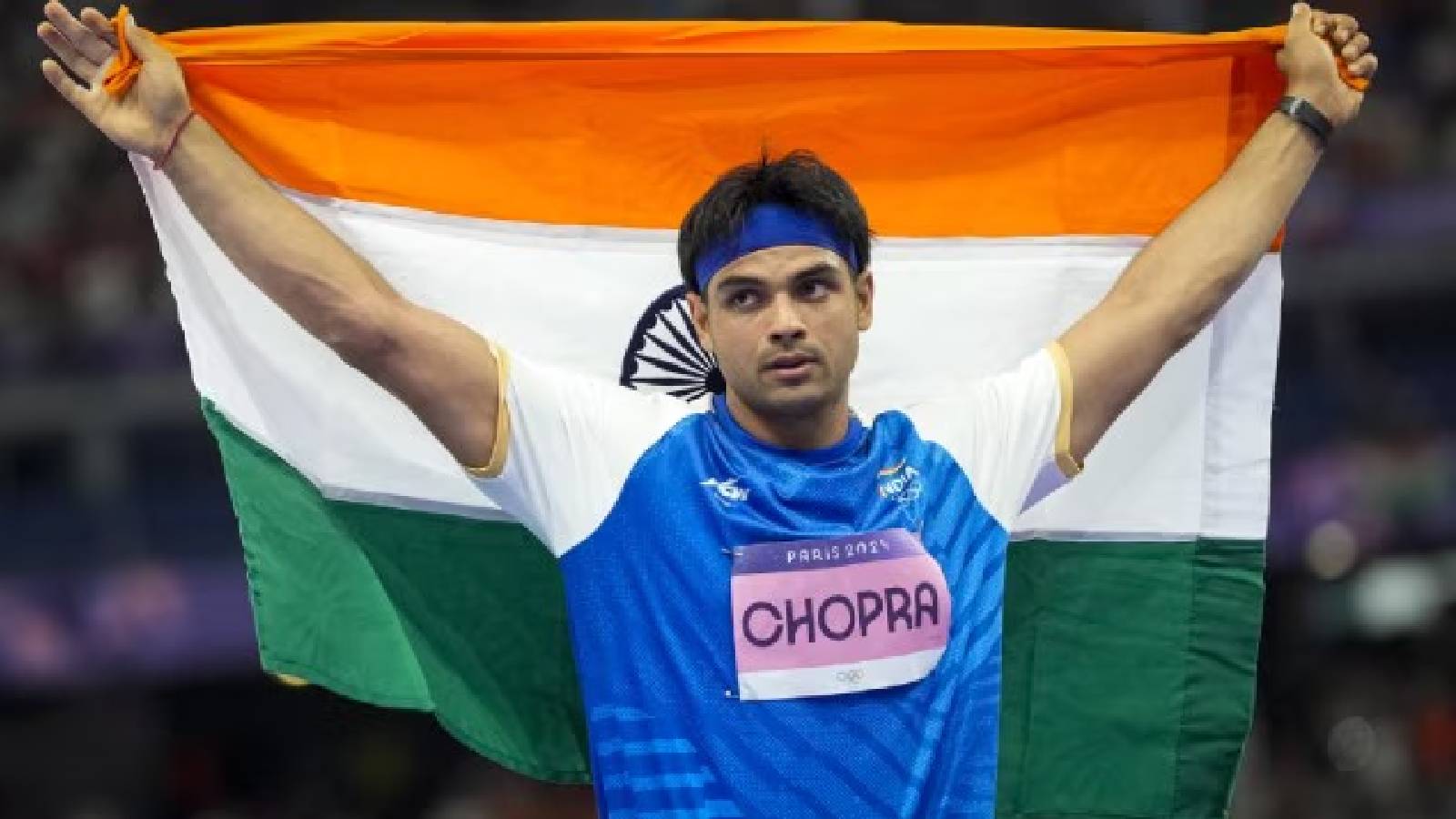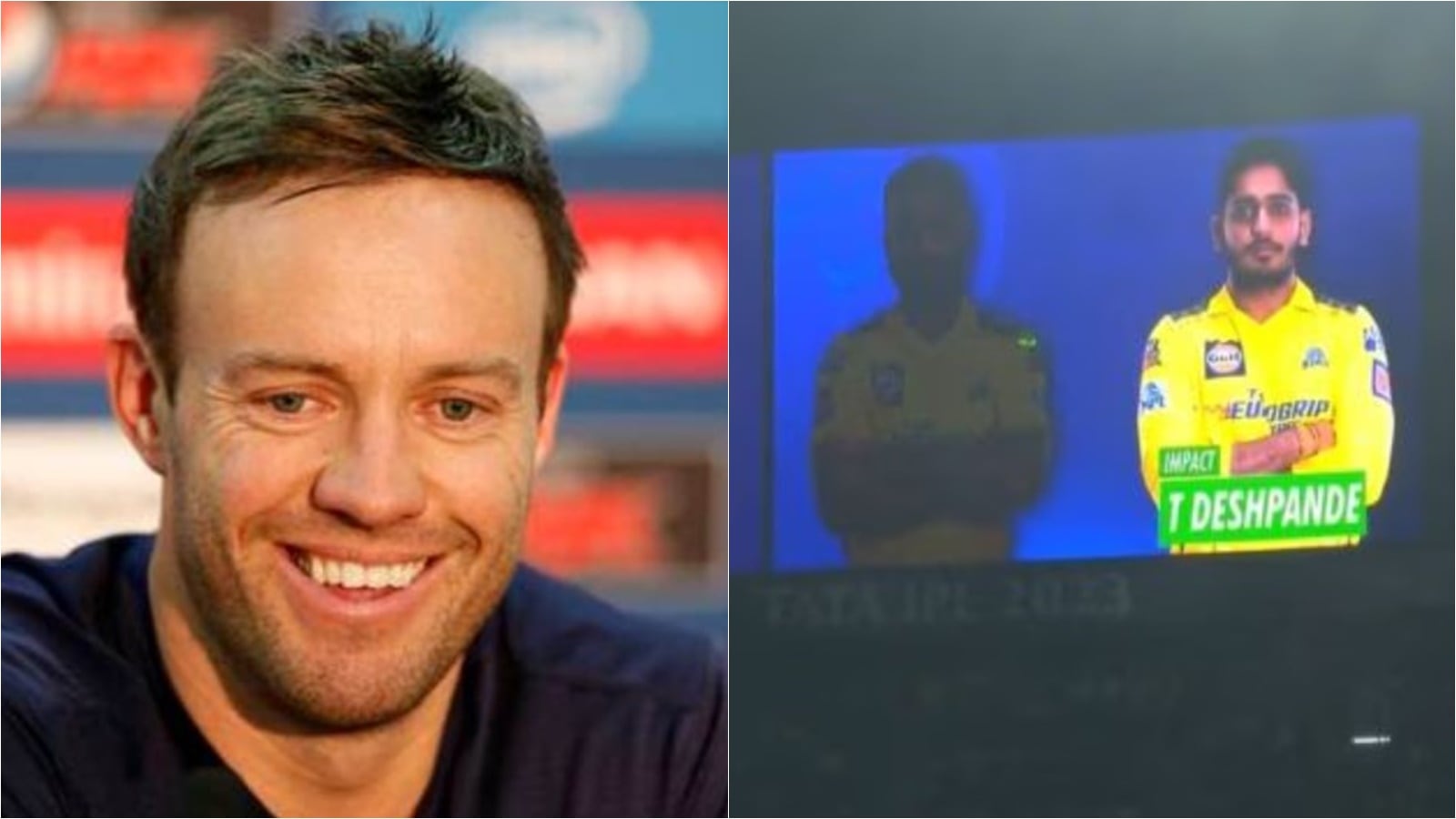On a windy night in Stockholm, Jose Mourinho planted a red flag in the corner of Friends Arena, where his Manchester United had just toppled Ajax to hoist the Europa League title. After the revelry of the night, he delivered another caustic one-liner of his: “There are a lot of poets in football but they don’t win titles.”
He was laughing, rather than ranting, at those managers that obsessed systems and structures, the Johan Cryuff and Marcelo Bielsas of the world, the romantics that never sacrificed their principles for functionality or trophies. Mourinho was the pragmatist, who would bend the team whichever way he wanted, depending on what suits the team best. If his Inter Milan brigade that stunned Pep Guardiola’s tiki-takaing Barcelona blended impregnable defending and needle-eye counterattacking, his first Chelsea iteration, played fluid and dynamic football. As did his Real Madrid.
The snide didn’t age well, Mourinho has not won another major trophy yet. He has slumped from being one of the hottest managers in Europe to one that is pursued by the clubs from outside Europe’s top five leagues. Men of systems captured the consciousness of football, Jurgen Klopp and Pep Guardiola, Hansi Flick and Xabi Alonso, even the modestly successful Roberto De Zerbi. So much so that every aspiring club wants not just titles with a clear and distinct identity, pushing the pragmatists to the lower echelons of the league. Another pragmatist manager Massimiliano Allegri is without a job, echoed by Mourinho who said that“every club wants a philosopher, not a manager.”

At the heart of the function-ideal debate, caught in neither worlds, are some of the leading clubs. Like Manchester United. They hired Ruben Amorim because they were not only impressed by the unbeaten, title-winning streaks, but also by the dynamic brand of football Sporting CP embraced. But he came at the wrong club at the wrong time. The United team at his disposal possessed none of the virtues required to thrive in a three-man defence formation that the Portuguese adamantly clings to. Rather it had exactly the men ill-fitted for such a high-energy structure.
Three-man defence thrives when the wingbacks are quick and robust, when the double midfield pivot are strong and strapping, when the forwards are incessant pressers and runners. In just a couple of practice sessions, Amorim would have realised that he cannot replicate a 3-4-3 or a 3-4-2-1 here. Yet, he remained religiously wedded to his drama, despite shuddering reality checks every week. Like for instance, starting with midfield pair of Cristian Eriksen and Casemiro against the muscular and faster trio of Bruno Guimaraes, Sandro Tonali and Joelinton. In the first 30 minutes, they were run ragged. But Amorim would stick to his beliefs. “I was here because of my idea and I will continue to do my idea until the end. I have to sell my idea. I don’t have another one,” he said.
He did make minor tactical tweaks or in-game alterations, but everything was frame-worked in an inflexible three-man defence. The consequence was a wholly incoherent and scattered bunch, sleepwalking through a game. The transition could have been smoother had Amorim arrived between seasons where he could have cajoled the club into buying players that would have suited the system as well as regimented them into the formation in the pre-season. The club’s management too should apportion some of the blame because they knew the manager’s profile when they hired him, they could have foreseen the struggles.

As unwilling to budge has been Tottenham Hotspur manager Ange Postecoglou. Come feast or famine, hell or high water, his teams spot a high defensive line, despite being burned repeatedly, even though most of his first-choice back four had been absent this season. Southampton’s Russell Martin was similarly deluded by his expansive build-up before the club axed him. The Spurs manager would recently say: “I do not know what a Plan B or C is,” he said. “If people want me to change my approach, it’s not going to change. We are doing it for a reason.”
It is not to suggest that philosophy-slaved managers are living a delusional world. There are benefits if the team is guided by a definite theme. Movements become synchronised, hence more aesthetic, the roles are clear, everyone knows what everyone is supposed to do, the squad is unified by a guiding vision, the scouts and recruiters know what kind of players to hire. It promises sustenance and smoother inheritance, as Liverpool discovered in Arne Slot.

Klopp’s successor is perhaps the best example of someone striking the balance of being flexible as well as idealistic. He has by and large stuck to Klopp’s dogma, but made subtle changes too. Like, repurposing Mohammed Salah to centre-forward role (but on the right wing). He has lost a few yards, but sharpened his shooting skills even more. Trent Alexander Arnold is now the marauding orthodox full back rather than one who dropped into the midfield. Encouraged by the resurrection of Ryan Gravenberch, Liverpool progressed the ball through central channels.
The great idealist Guardiola too has not been averse to change, though not of a radical nature. He changes functions within functions of the player. Like John Stones in the treble-winning season operating as sweeper-playmakers, or Joao Cancelo functioning as a full-back forward. Another fitting example is Carlo Ancelotti. In his first year at Parma, he refused to buy Roberto Baggio because he didn’t play with No 10s (but twin strikers). Baggio went to Bologna and netted 22 goals that season (1997-98).
He picked the essence of coaching from that incident. “After that season, I was convinced that I should plan my style according to the strengths of my team,” he once said. Two years later, he joined Juventus and moulded one of the best no 10s in the world, Zinedine Zidane. The challenge, thus, is not about tearing the temple, but adding more practical layers so that the soul doesn’t rot. A manager can be a poet, but a few lessons of prose would not do harm.
I’m Manas Ranjan Sahoo: Founder of “Webtirety Software”. I’m a Full-time Software Professional and an aspiring entrepreneur, dedicated to growing this platform as large as possible. I love to Write Blogs on Software, Mobile applications, Web Technology, eCommerce, SEO, and about My experience with Life.

